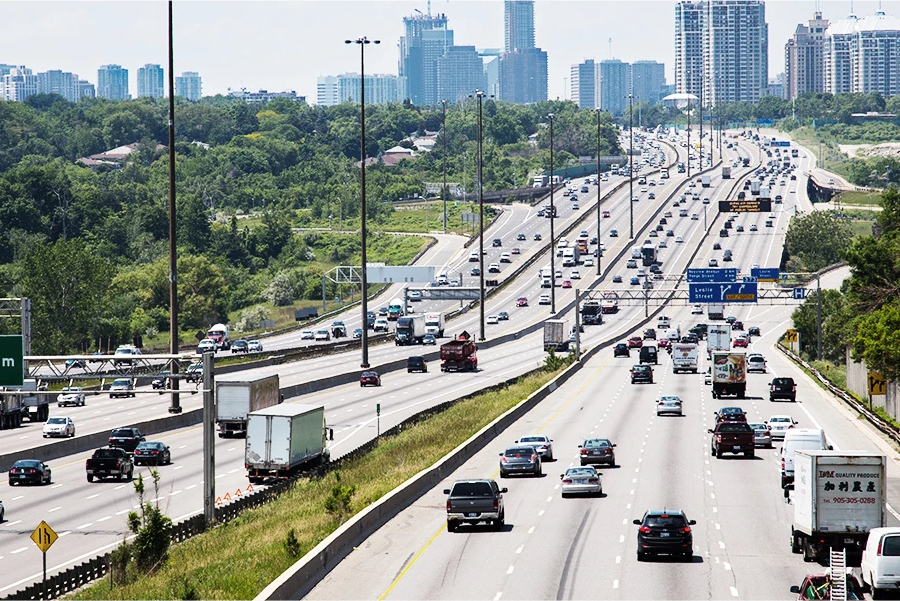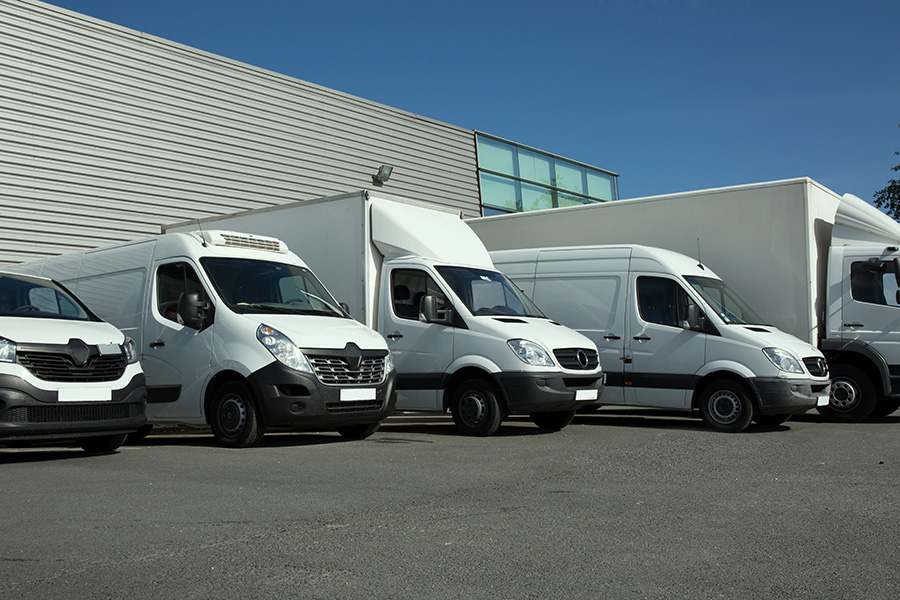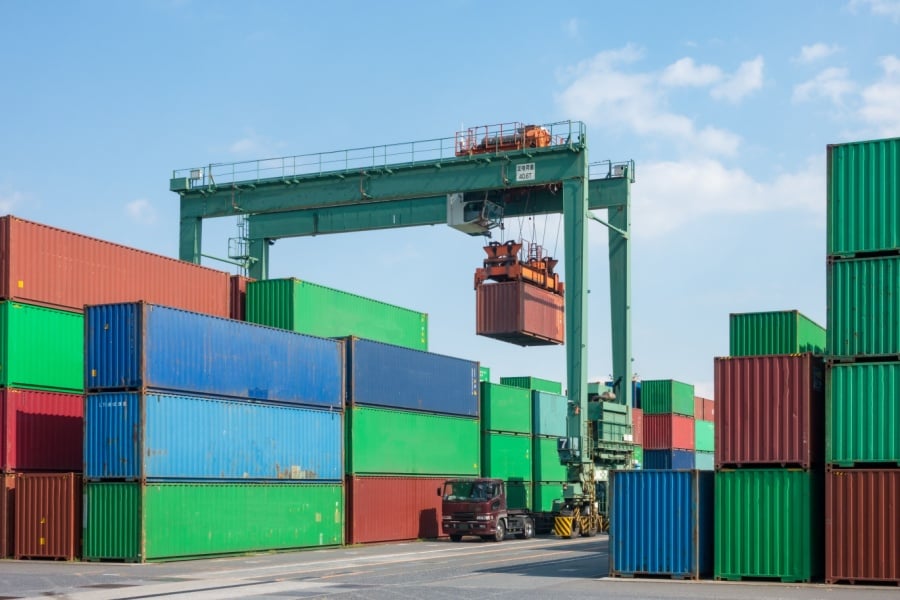Driver and technician shortages, among other pressures, are causing many fleet managers to reevaluate the benefits of truck leasing versus truck ownership. To help you navigate today’s big fleet decisions, here are some major considerations, and best practices, to be aware of when it comes to maximizing fleet uptime and managing your fuel costs:
Emissions and Fuels Will Change … and Change Again
As Phase II of the EPA’s carbon reduction regulations rolls out over the next several years, new compliant engine technologies will cost an additional $10,000 to $12,000 per vehicle for heavy-duty trucks. Fleets will offset these costs, in part, through increased freight efficiency. To achieve this, third party logistics (3PL) providers are critical. General 3PL strategies for fleet operators will include:
• Total freight efficiency: Reduces the number of vehicles in service at a given time while limiting emissions.
• New fuel types: Diesel that generates the best CO2 g/ton per mile will allow fleets to improve performance and compliance through fuel diversification.
• Specs and configuration: Greater focus on matching fuel type, engine, powertrain, and trailers to be compliant, while minimizing operating costs.
The Truck Technician Shortage
Industry groups, including the American Trucking Associations, project a shortage of 5,000 to 10,000 heavy-duty diesel truck technicians by 2020. That will mean longer service times and increased vehicle downtime.
Total fleet solutions that include priority access to certified diesel techs (and contract maintenance pricing) will be a major competitive advantage in the next three to five years. National providers are already wired in to the top trade schools, whereas independent fleets and owner-operators will find it far more difficult to attract and retain this talent, much less provide full preventive, comprehensive, and on-site maintenance, mobile maintenance and the 24-hour roadside assistance necessary to keep fleets moving in a changing industry.
Truck Ownership Isn’t What it Used to Be
The American Transportation Research Institute’s latest analysis of the operational costs of trucking confirms that maintenance is among the costliest vehicle-related expenses, behind fuel cost, equipment, and drivers. Current truck maintenance and repair of a commercial fleet averages about 15 cents per mile—and it’s going higher.
The rising cost of fuel and truck maintenance is inspiring more fleets to perform a Total Cost of Ownership (TCO) calculation, as they look to protect and enhance profits. TCO math not only covers fuel, equipment, maintenance, and lost “opportunity costs” from vehicle downtime, but also training for drivers and technicians.
In the rapidly changing landscape of commercial trucking, it’s not surprising that TCO calculations often end up pointing to solutions that leverage well-maintained national fleets through rental and leasing. This approach has long been proven to free up capital and offer on-demand fleet size changes for seasonal fluctuations, while reducing downtime and affording access to more economical fuel solutions.
Expect TCO to become even more acute as electronic automated transmissions (AMTs) and their associated costs, which are $3,000 and $5,000 more upfront than manual transmission vehicles, become the industry norm in coming years.
Big Data is Getting Bigger
Fleet telematics now take many forms, from smartphone apps to mandated ELDs to advanced GPS functionality and beyond. It’s all part of the “big data” explosion. Despite grumbling from old school truckers, big data is here to stay.
Telematics solutions are a major area of investment for fleet operators. Initial costs for software and hardware can be prohibitive, but managing variable data from multiple vehicle manufacturers and systems requires a level of IT proficiency that can be very difficult to maintain.
The big data investment eventually pays off, to the tune of about 3.6 cents on the dollar according to some estimates, but only if this effort is carefully implemented and expertly maintained over time. When big data isn’t your core competency, a fleet partner that manages telematics as a seamless solution is a smart option.
The Takeaway
It’s a brave new world of fleet costs. New fuel types, new engines and transmissions, the scarcity of qualified technicians, and a host of related issues are putting extreme pressure on fleet economics. While some operators still opt for truck ownership and try to manage these variables themselves (often with mixed results), more and more fleet operators have concluded that alternate solutions such as truck rental and truck leasing through a 3PL are better suited to these new realities.
Carlos Mendiola is Group Director, Finance, Fleet Maintenance Solutions business segment at Ryder System, Inc., commercial fleet management, dedicated transportation, and supply chain solutions company. In this role, he is responsible for the SelectCare Maintenance product line’s profit and loss, the life cycle of products in the Ryder portfolio, as well as evolving new products to take to market based on customer needs.




